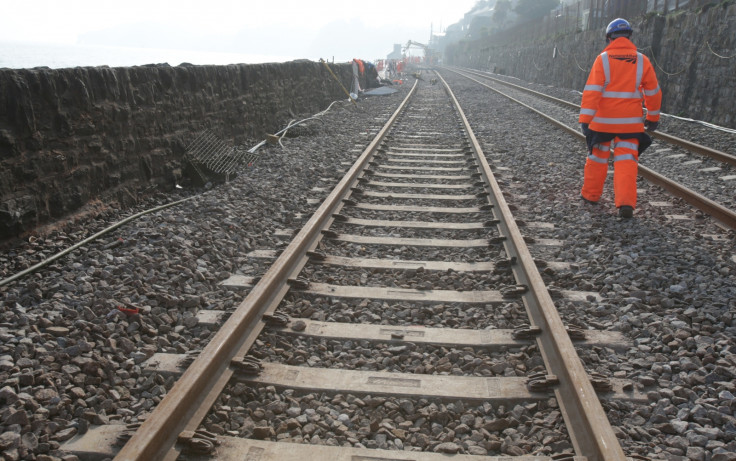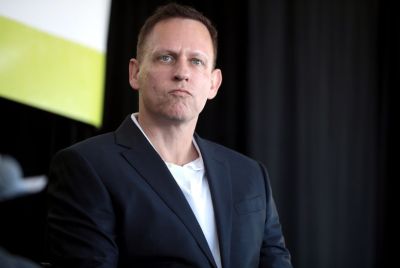UK rail fares rise three times faster than wages over 5 years says Action for Rail

Rail unions are holding a protest on Tuesday (18 August) to highlight the high cost of privatisation and demanding the re-nationalisation of the railways as it opposed further rail fare increases.
Campaigners for Action for Rail will be handing out postcards at the Waterloo station which will call on MPs to "put people before profits and return our railways to public ownership," the Rail, Maritime and Transport Union (RMT) said in a statement on its website.
RMT and Action for Rail will mark the August Retail Price Index announcement which is the figure used to calulate the increase in fare prices.
"Every penny of the fare rip-off is sucked out of the system in fat company profits, while rail maintenance and upgrade works are shelved for lack of funds. That's the price of two decades of rail privatisation."
RMT General Secretary Mick Cash said that research has shown that rail fares for season tickets and other regulated fares have risen nearly "three times faster than wages over the last five years."
Between 2010 and 2015 ares rose by 25% while the average pay went up by just 9%, he said.
It said that although the government has announced plans to cap regulated rail fares at the RPI level for this parliament, the public will still finance the fare cap through taxes.
"The capping of rail fares will cost taxpayers around £700m over the next five years, according to the Department for Transport," the RMT said.
Research commissioned by the TUC's Action for Rail, shows that $1.5bn could be saved over the next five years if routes including the Northern, Transpennine and West Coast main line, were returned to the public sector, he said.
Around £520m of this would come from recouping the money that private train companies pay in dividends to their shareholders, Cash added.
He told The Guardian: "While train companies threaten to throw guards off their services and axe station staff who are essential for safety, turning the network into a paradise for criminals and yobs, they are milking the travelling public for all they can through extortionate fares.
"Every penny of the fare rip-off is sucked out of the system in fat company profits, while rail maintenance and upgrade works are shelved for lack of funds. That's the price of two decades of rail privatisation."
TUC General Secretary Frances O'Grady said: "Rail fares have rocketed over the last five years, leaving many commuters seriously out of pocket. If ministers really want to help hard-pressed commuters they need to return services to the public sector. This is a fair, more sustainable option and it would allow much bigger savings to be passed on to passengers.
"Introducing an arbitrary cap on fares is simply passing the bill on to taxpayers," O'Grady said.
Government plans to see lowest fare increases for decades
Rail Minister Claire Perry however defended the government's move to cap fare increases. She told the Press Association: "We know rail fares put a strain on family finances. Thanks to our plans, next year's fares will see some of the lowest increases for decades.
"And with the economy growing steadily, for the first time in 10 years, wage rises are likely to be larger than average fare increases. At the same time we are delivering the largest programme of investment since the Victorian era so that customers get better value for money," the minister said.
Labour leadership candidates Corbyn and Burnham back re-nationalisation
Not surprinsingly, the railways are part of the campaign topic for the Labour leadership party, with two of the candidates, frontrunner and current favourite Jeremy Corbyn and Andy Burnham, both pledging to renationalise the railways.
Corbyn has taken his cause a bit further, promising to also re-nationalise energy companies. Burham claims that the UK railway system costs 40% more to run than other rail services in Europe and that private investments in the railways have halved since 2010 while private profits have increased.
© Copyright IBTimes 2025. All rights reserved.






















